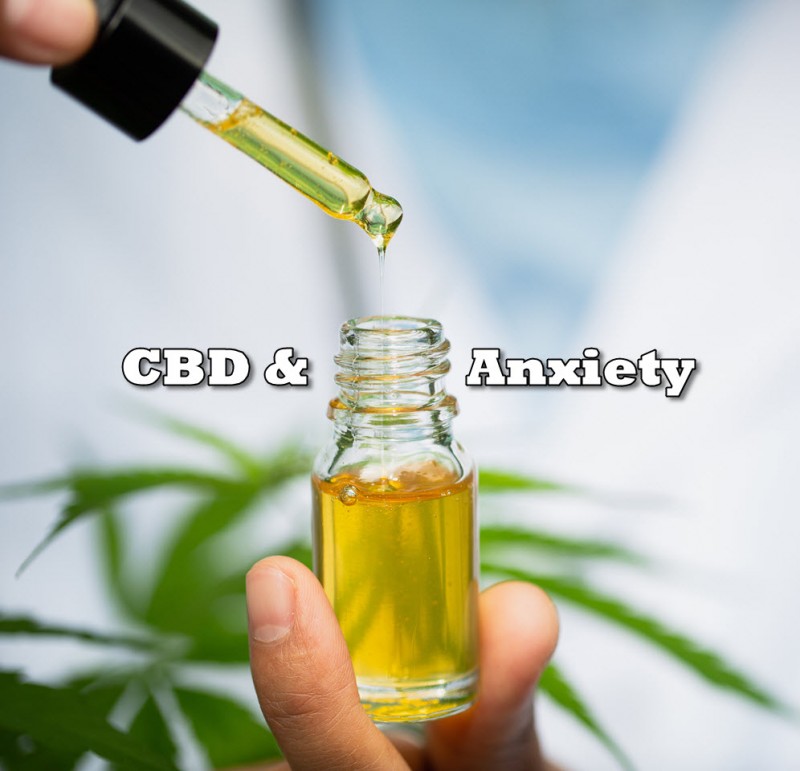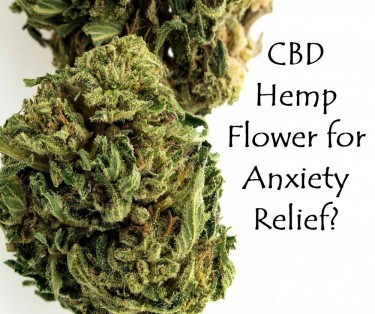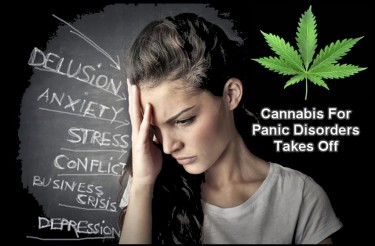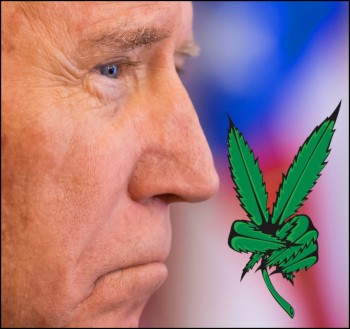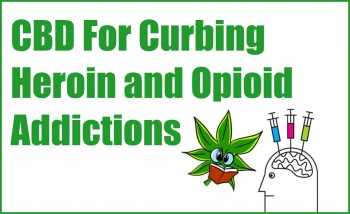A Beginner’s Guide to CBD and Anxiety
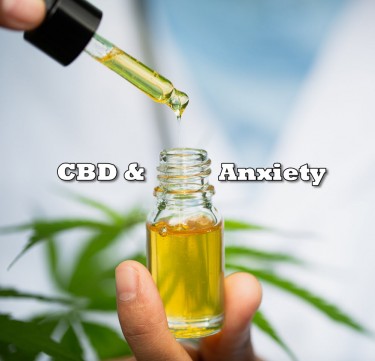
Cannabidiol (CBD) has been gaining significant attention lately, particularly in medical research. Studies over the years have discovered its potential in treating a host of diseases and disorders, like Dravet syndrome. The findings show so much promise that the federal government, albeit slowly, is changing its tune on marijuana, where CBD is derived.
One notable application is for treating anxiety disorders. According to the Anxiety and Depression Association of America, almost one in five Americans over 18 suffer from panic attacks, phobias, stress, and other related conditions. Despite being the most common mental illness in the country, only roughly over a third of patients receive treatment, mostly a combination of drugs and therapy.
The recent studies showing CBD’s potential brought about a rise in CBD-infused supplements and products, like those at Betoken CBD. The market now is aplenty with such items, either applied as skin creams or ingested as capsules. Despite gaining popularity, it’s still important to keep in mind that the final word on medical marijuana is still up in the air.
Nevertheless, managing anxiety with CBD is worth exploring. Here’s an in-depth look at how the substance works and why it’s effective in doing so.
How Anxiety Disorders Work
Understanding CBD’s efficacy requires understanding the nature of anxiety disorders first. As the National Institute of Mental Health explains, they’re more than just momentary episodes of worry or fear. They never go away, if not grow worse over time. Soon, they start taking their toll on your life–work, social, and everything in between.
For the most part, the human brain is a puzzle that scientists are still trying to piece together. However, they believe it has something to do with the amygdala and hippocampus, two components of your brain heavily involved in handling anxiety.
The amygdala is the brain’s alert system, notifying the brain what it perceives as a threat based on the signals it receives from all over the body. The information eventually reaches the hippocampus, which translates it into memories. This ‘fight-or-flight response’ turns off once the threat is over.
But with anxiety disorder, it doesn’t shut off like it’s supposed to. Psychologists are still wondering why it’s the case, although there are several theories. One such theory is the struggle between three psyches identified by Sigmund Freud: the id, ego, and superego. Anxiety tells the ego and superego that the id’s about to do something wild, forcing them to keep the ‘fight-or-flight response’ active.
Being aware of your surroundings isn’t the same as staying alert. You can remain mindful and still go about your day like nothing’s happened. But with your survival mechanism switched on, you’ll be fearful of everything, including friends, family, and perhaps even yourself.
How CBD Can Help
CBD can help with anxiety by targeting the source. Not necessarily the source of anxiety itself (as that’s still a mystery), but parts of the body driving the ‘fight-or-flight response’ to remain active.
Like the more psychoactive tetrahydrocannabinol (THC), CBD interacts with the endocannabinoid system (ECS) in your body. If that sounds a bit too scientific for you, all you need to know is that the ECS helps keep your body working at peak condition. When CBD comes into contact with the ECS, it sends a signal to the latter to get the other systems working.
For example, if the CBD binds with the ECS in your immune cells, it’ll trigger an inflammation response. While not yet fully understood, scientists believe it works the same way when interacting with the brain, specifically the part that produces the feel-good chemical serotonin.
They know this based on a handful of experiments performed on animals and, to an extent, people. One study showed that elevated heart rates among rats normalized after receiving a dose of CBD. Another study involved two groups with social anxiety disorder, where those that took 400 mg of CBD socialized better than the placebo group.
For the record, it’s inaccurate to see CBD as a cure-all to anxiety or any health condition it has the potential to treat. As mentioned earlier, the consensus on medical marijuana is still anyone’s guess, even with so many studies favoring it. Instead, consider it as a supplement to existing treatments, not as a standalone solution.
CBD in an Ideal Position
There’s definitely more work to be done before doctors can start recommending CBD for treating illnesses. Regardless, the fledgling CBD market finds itself in a prime position–all because of the other health crisis the U.S. has been struggling with for years.
The Centers for Disease Control and Prevention (CDC) found that deaths from opioid overdosage among middle-aged white women shot up by 400% between 1999 and 2014. Opioids alone aren’t responsible as people tend to take them along with anti-anxiety drugs. Together, these drugs cause vital body functions like the heart to shut down.
As former assistant surgeon general Susan Blumenthal puts it: “People can go to sleep and never wake up.”
More experts are jumping on the cannabis research bandwagon due in no small part to the ongoing opioid crisis. While they admit that opioids will still be around in the future, combining them with CBD can reduce the need for such drugs. They also believe that legalizing cannabis on the federal level will mitigate opioid abuse and save the American economy millions on healthcare.
As of writing, 13 states have yet to introduce cannabis-friendly legislation. New Mexico and Virginia are the latest to do so, but recreational sales won’t start until 2022 and 2024, respectively.
Conclusion
Research on the medicinal potential of CBD is building up, including those for managing anxiety disorders. There’s little reason not to give it a try. Remember, it shouldn’t be considered as an alternative to current treatment methods but as a supplement.
Before doing so, however, ask your physician if it’s right for you. Like any other medication, CBD can produce the opposite effect of what the studies have found when not taken carefully. The last thing you want to happen is for it to exacerbate your condition.
ANXIETY ISSUES AND CBD, READ MORE...
CBD HEMP FLOWER IS THE BEST FOR ANXIETY RELIEF, YES OR NO?

